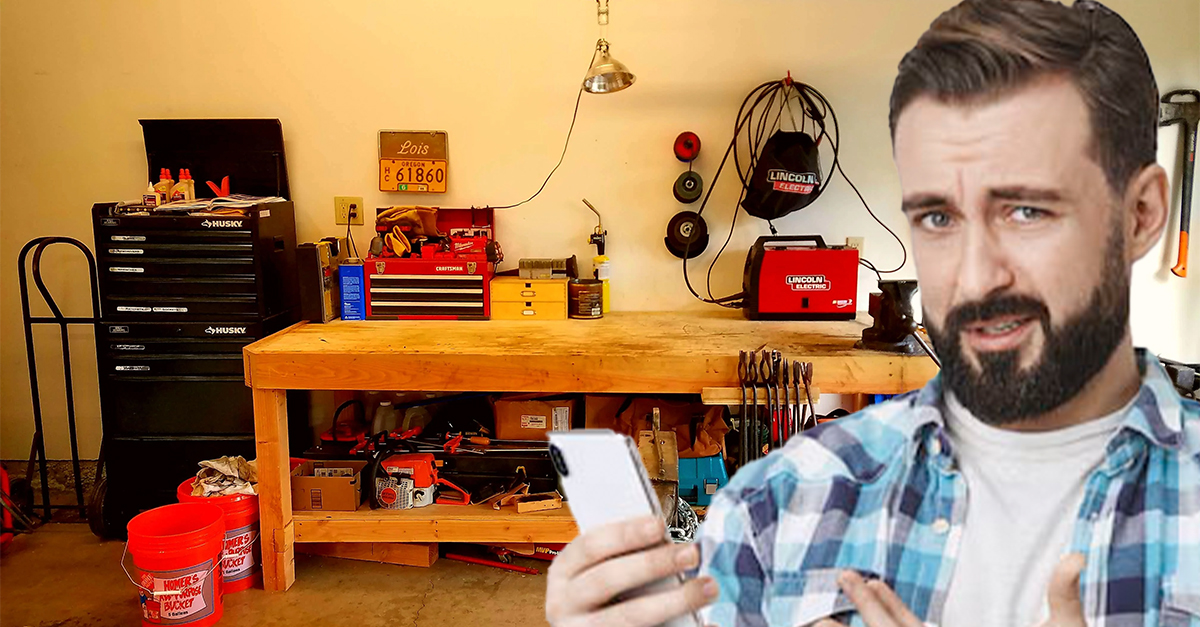If you’re getting offers to purchase your structured settlement, you're absolutely right to be skeptical. Selling a structured settlement for quick cash can be legal, but it’s often predatory and rarely in your best long-term interest. We look at what you need to know.
What Is a Structured Settlement?
A structured settlement is a financial arrangement—usually the result of a lawsuit or insurance payout—that provides regular payments over time rather than a lump sum. It’s designed to offer long-term financial security, often to cover medical bills, lost income, or other ongoing needs.
 Sergei ~ 5of7, Wikimedia Commons
Sergei ~ 5of7, Wikimedia Commons
What Do These Companies Want?
Companies that offer to “buy” your structured settlement are typically factoring companies. They offer to give you a lump sum now in exchange for the rights to your future payments. But they don’t do this out of goodwill, but because they profit heavily off your future money.
What Typically Happens When You Sell Your Structured Settlement?
There are several downsides to selling your structured settlement. You might get only 40–60% of the total value of your payments. Their contracts are filled with fees, penalties, and poor disclosure. You lose not just your cash flow but potentially access to benefits tied to your settlement.
Is It Legal?
Yes—but only with court approval. Because structured settlements often involve injury victims or vulnerable individuals, most states require a judge to sign off before any sale. The court is supposed to determine if the deal is in your best interest—but not all judges are rigorous, and some factoring companies know how to game the system.
When Might It Be Legitimate?
In rare cases, selling some or all of a structured settlement can make sense: if you have a pressing medical or family emergency; you’re investing in a highly stable asset (like paying off a mortgage at high interest); or if you only sell a portion, not the entire future payout. Even then, you should talk to a financial advisor or attorney first to understand the full cost.
Red Flags To Watch For
Watch for the following classic signs of a bad deal: high-pressure tactics or promises of “quick cash”; no mention of court approval requirements; hidden fees, commissions, or penalties; encouragement to sell all your future payments; refusal to let you seek independent legal advice.
A Real-Life Example
In recent years, investigative reports uncovered cases where people sold their structured settlements for pennies on the dollar—especially in poor or underserved communities. Some lost future payouts worth hundreds of thousands for as little as $20,000 up front. Some factoring firms were sued for predatory practices and had their deals voided.
 Priscilla Du Preez 🇨🇦, Unsplash
Priscilla Du Preez 🇨🇦, Unsplash
What Should You Do?
Don’t sign anything without understanding the terms. Request a breakdown of the “present value” of your settlement and how much the company will actually pay you. Talk to a lawyer or financial advisor before moving forward. Ask the court for guidance if you're being asked to approve a transfer.
The Bottom Line
Selling a structured settlement isn’t always illegal—but it’s almost never a good financial move unless you’re in a dire situation and fully understand the trade-off. If someone’s pushing you to do it fast, that’s a huge red flag. Your future income may be worth far more than their “quick cash” offer today.
You May Also Like:
Most people make these mistakes with their money.
Warren Buffett's Secrets To Financial Success








